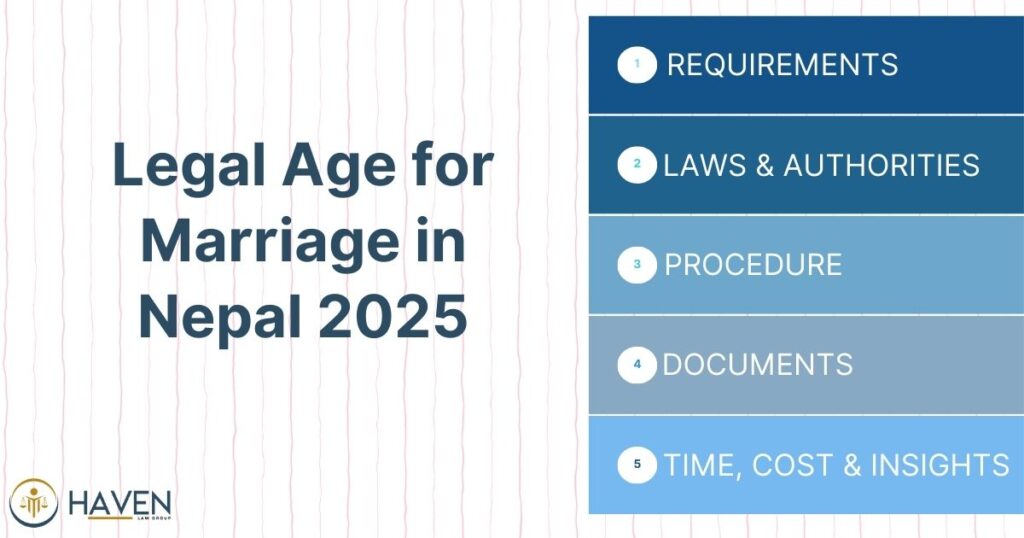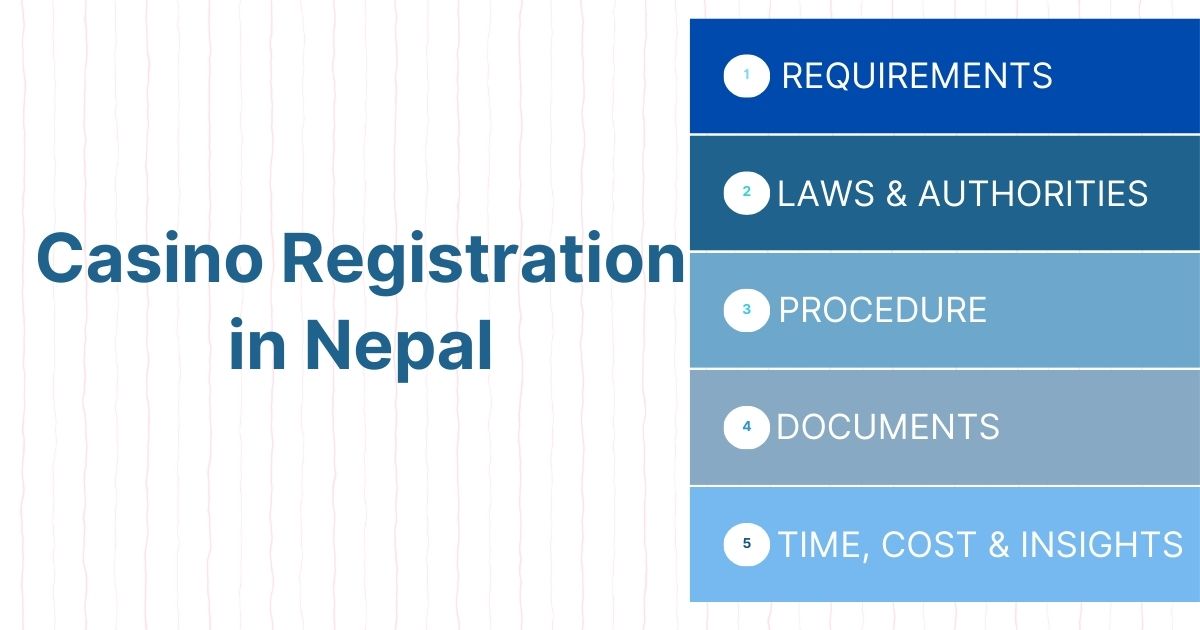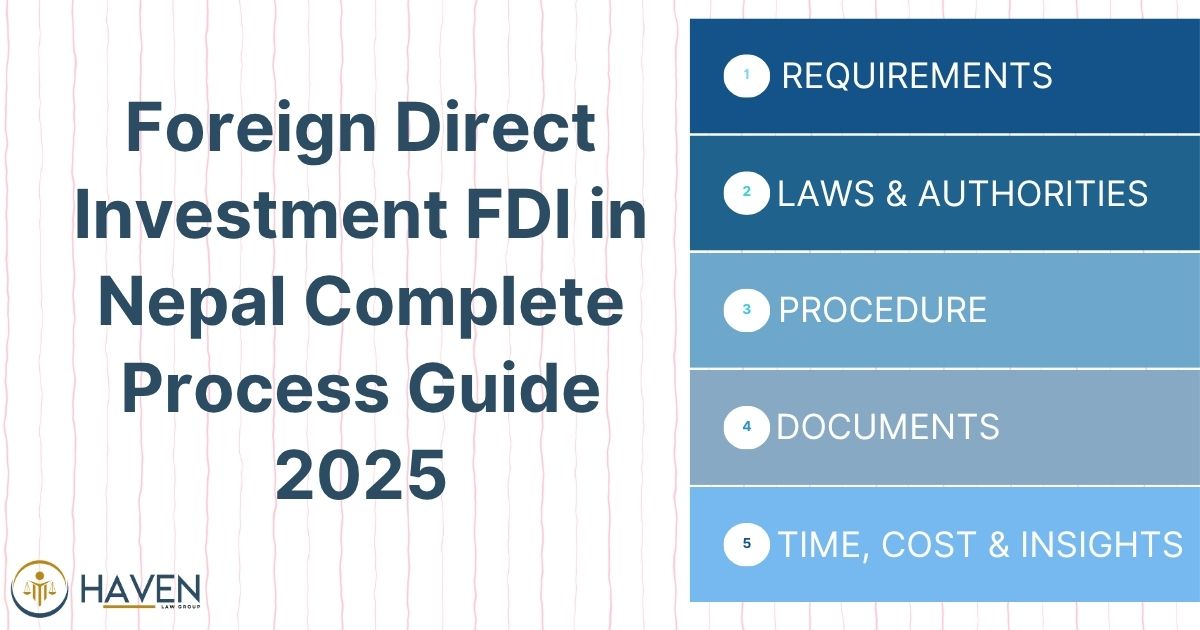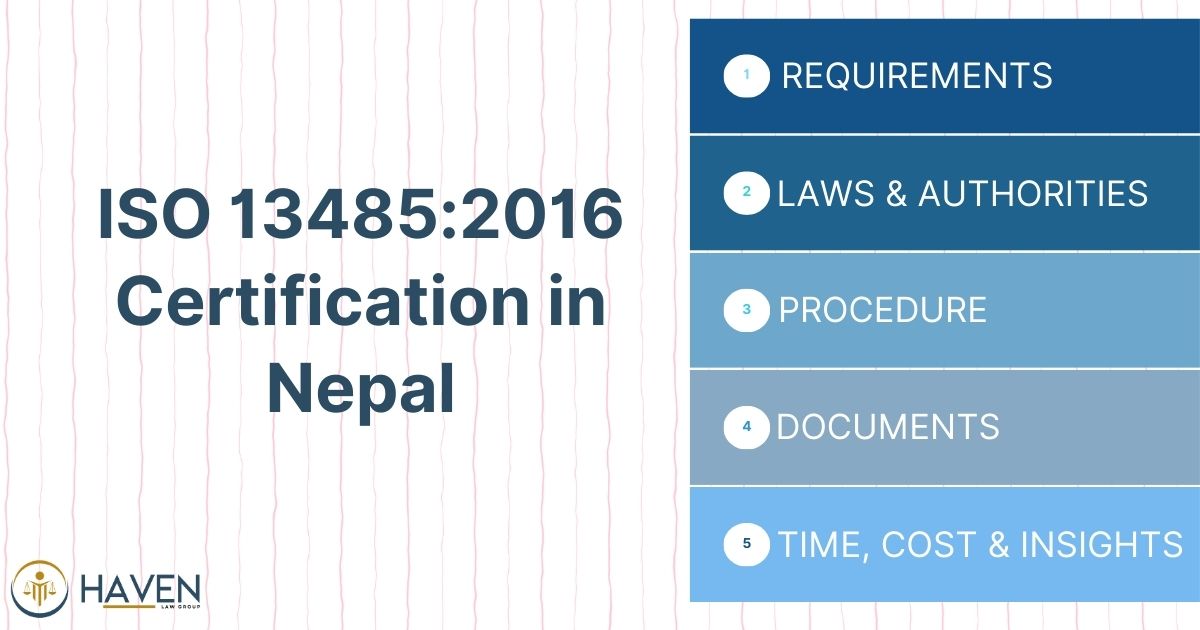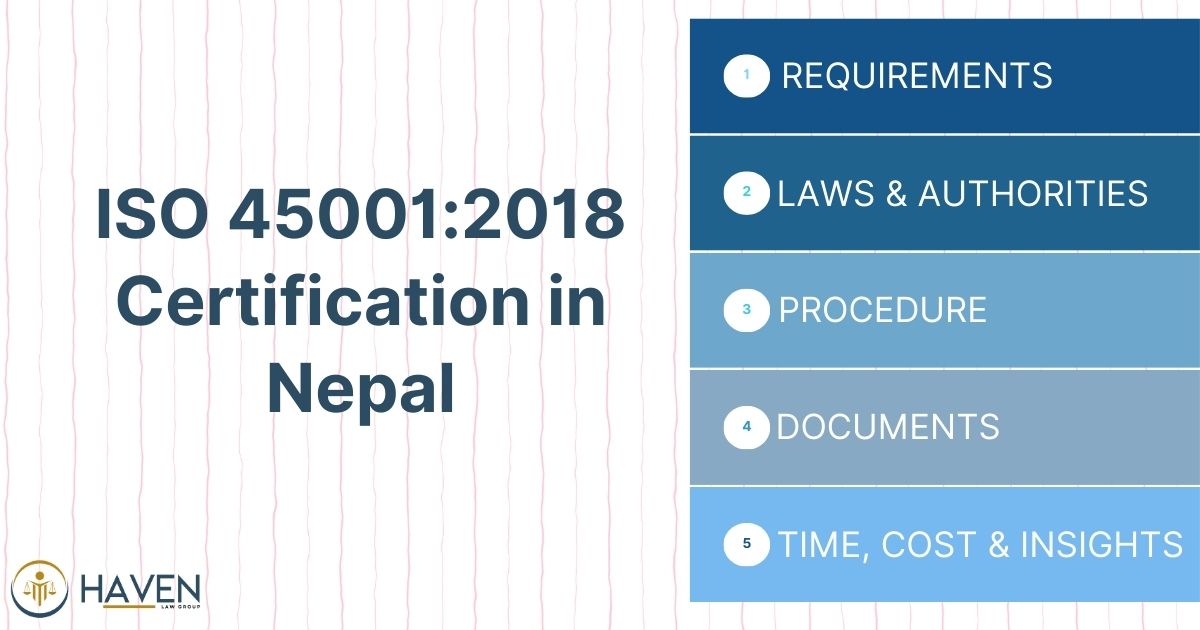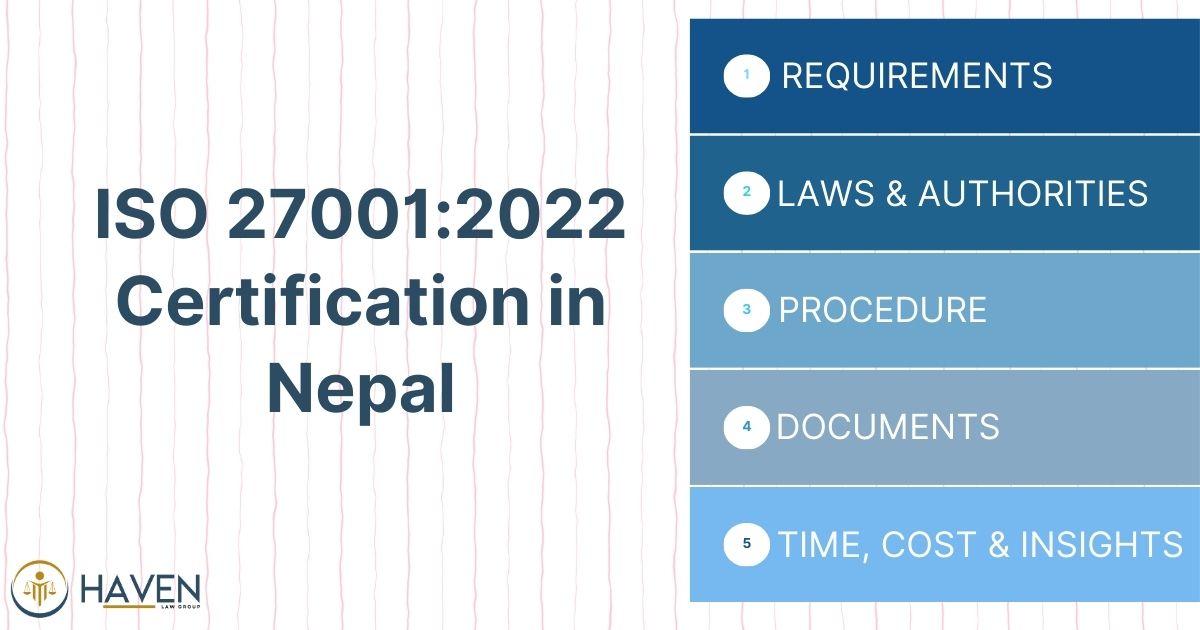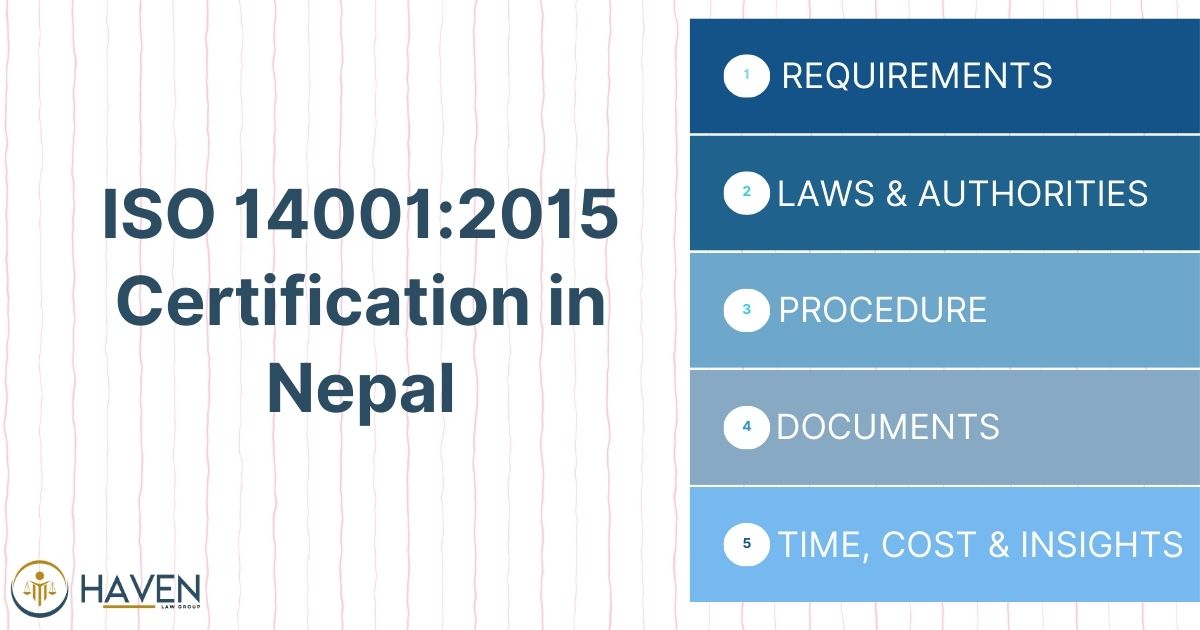What is the legal age for marriage in Nepal?
The legal age for marriage in Nepal is 20 years for both males and females. This age requirement is stipulated in the Civil Code 2017 (Muluki Dewani Samhita, 2074), which came into effect on August 17, 2018. Section 70 of the Civil Code explicitly states that no person shall marry or cause to be married if they have not completed twenty years of age.
This provision applies uniformly across all communities, castes, and religions in Nepal. The law aims to prevent child marriages, protect the rights of young individuals, and ensure that people entering into matrimony are mature enough to make informed decisions about their lives and relationships.
Has the legal age for marriage changed in 2025?
As of 2025, there have been no changes to the legal age for marriage in Nepal. The minimum age of 20 years for both males and females, as established by the Civil Code 2017, remains in effect. The government of Nepal has not introduced any new legislation or amendments to alter this age requirement.
The consistency in the legal marriage age reflects the country’s commitment to maintaining a standard that protects young individuals from early marriages and their potential negative consequences. Any proposed changes to the marriage age would require extensive parliamentary debate and public consultation before being enacted into law.
Can minors marry with parental consent in Nepal?
In Nepal, minors cannot legally marry even with parental consent. The Civil Code 2017 does not provide any exceptions or provisions for underage marriages, regardless of parental approval. Section 70 of the Code clearly states that no person shall marry or cause to be married if they have not completed twenty years of age, without any mention of parental consent as a mitigating factor.
This strict approach aims to eliminate child marriages and protect minors from potential exploitation or coercion. Parents or guardians who attempt to arrange or consent to the marriage of a minor can face legal consequences under Nepali law.
Are there penalties for underage marriage?
Yes, there are significant penalties for underage marriage in Nepal. The Civil Code 2017 prescribes punitive measures for those involved in child marriages. Section 173 of the Code stipulates that a person who marries or causes to be married a person who has not completed the age of twenty years shall be liable to imprisonment for a term not exceeding three years and a fine not exceeding thirty thousand rupees.
Additionally, any person who knowingly solemnizes such a marriage can face similar penalties. The marriage itself is considered void ab initio (from the beginning) under Nepali law. These penalties serve as a deterrent and reflect the government’s commitment to eradicating child marriages and protecting minors’ rights.
What is the legal marriage age for boys in Nepal?
The legal marriage age for boys in Nepal is 20 years. This age requirement is the same for both males and females, as stipulated in Section 70 of the Civil Code 2017. The law does not differentiate between genders when it comes to the minimum age for marriage.
This uniform age requirement reflects Nepal’s commitment to gender equality and the protection of young individuals, regardless of their sex. Boys under the age of 20 are considered minors in the context of marriage and are legally prohibited from entering into matrimony. Any marriage involving a boy under 20 years of age is considered void under Nepali law and can result in legal penalties for those involved.
Can girls marry at a younger age than boys?
No, girls cannot marry at a younger age than boys in Nepal. The Civil Code 2017 establishes a uniform legal marriage age of 20 years for both males and females. This equality in marriage age reflects Nepal’s commitment to gender parity and the protection of young individuals, regardless of their sex. The law does not provide any exceptions or different age requirements based on gender.
This uniform approach aims to prevent discrimination and ensure that both boys and girls have equal opportunities to complete their education and personal development before entering into marriage. Any marriage involving a girl under 20 years of age is considered illegal and void, just as it would be for a boy of the same age.
Is court approval needed for underage marriage?
Court approval is not available for underage marriages in Nepal. The Civil Code 2017 does not provide any provisions for judicial intervention or approval to allow marriages of individuals under 20 years of age. The law is unequivocal in its prohibition of underage marriages, and courts do not have the authority to grant exceptions to this rule.
This strict approach reflects the government’s commitment to preventing child marriages and protecting minors from potential exploitation. Even in cases where families might seek court approval for exceptional circumstances, the legal framework does not allow for such interventions. The absence of court approval options reinforces the absolute nature of the minimum marriage age requirement in Nepal.
Does legal age vary by caste or religion in Nepal?
The legal age for marriage in Nepal does not vary by caste or religion. The Civil Code 2017 establishes a uniform marriage age of 20 years for all Nepali citizens, regardless of their caste, ethnicity, or religious background. This standardization aims to ensure equality before the law and prevent discrimination based on social or religious factors.
The law supersedes any traditional or religious practices that might have previously allowed for earlier marriages in certain communities. By applying the same age requirement across all segments of society, Nepal seeks to protect the rights of all young individuals equally and promote social harmony. Religious or cultural customs that contradict this legal age requirement are not recognized or enforceable under Nepali law.
How is age verified before marriage registration?
Age verification before marriage registration in Nepal involves a systematic process to ensure compliance with the legal age requirement. The following steps are typically followed:
- Submission of official documents: Couples must provide their citizenship certificates or birth certificates as primary proof of age.
- Verification of documents: Local authorities cross-check the submitted documents with government records.
- Witness statements: In some cases, witnesses may be required to testify about the couple’s age.
- Local investigation: If doubts arise, local officials may conduct inquiries in the couple’s community.
- Medical examination: In rare cases of uncertainty, a medical age determination may be requested.
- Sworn affidavits: Couples may need to submit sworn statements confirming their age.
- Cross-referencing with educational records: School or college records may be used for additional verification.
This multi-step process aims to prevent underage marriages and ensure the accuracy of marriage registrations.
Are child marriages void under Nepali law?
Yes, child marriages are considered void under Nepali law. The Civil Code 2017 explicitly states that any marriage involving a person under the age of 20 is null and void ab initio (from the beginning). This means that such marriages have no legal standing and are treated as if they never occurred in the eyes of the law. The void status of child marriages has several implications:
- No legal rights or obligations arise from such unions
- Neither party can claim marital benefits or property rights
- Any children born from such marriages are considered legitimate, but the marriage itself remains void
- Parties involved in a void child marriage can face legal penalties
- No formal divorce process is required, as the marriage is legally non-existent
This legal stance reflects Nepal’s commitment to eradicating child marriages and protecting minors from the potential negative consequences of early matrimony.
Can marriage age laws be challenged in court?
Marriage age laws in Nepal can be challenged in court, but such challenges face significant legal hurdles. The Constitution of Nepal 2015 and the Civil Code 2017 provide the framework for marriage age laws, which are considered fundamental to protecting children’s rights. Any challenge would need to demonstrate:
- Constitutional inconsistency: Proving the law violates constitutional rights
- International treaty conflicts: Showing discrepancies with Nepal’s international obligations
- Discriminatory impact: Demonstrating unfair treatment of specific groups
- Public interest: Establishing that changing the law serves societal benefit
- New scientific evidence: Presenting research supporting a different age threshold
Courts typically defer to legislative wisdom on such matters. Successful challenges would require compelling evidence and arguments. Even if a case reaches the Supreme Court, changing established laws often requires legislative action rather than judicial intervention.
What is the penalty for officiating underage marriages?
Officiating underage marriages in Nepal carries severe legal consequences. The Civil Code 2017 outlines specific penalties for individuals who solemnize or participate in child marriages:
- Imprisonment: Offenders can face up to three years in jail
- Financial penalty: A fine of up to 30,000 Nepali Rupees may be imposed
- Professional consequences: Religious or civil officials may lose their authority to conduct marriages
- Criminal record: Conviction results in a permanent criminal record
- Restitution: Courts may order compensation to be paid to the underage party
- Community service: Additional penalties may include mandatory community service
- Repeat offenders: Subsequent violations can lead to increased penalties
These stringent measures aim to deter individuals from participating in or facilitating underage marriages, reinforcing Nepal’s commitment to protecting minors and upholding the legal marriage age.
FAQs
1. Are exceptions granted?
No exceptions are granted to the legal marriage age in Nepal. The law applies uniformly to all citizens, regardless of circumstances. Even in cases of pregnancy or cultural practices, the minimum age of 20 years must be adhered to for a legal marriage.
2. Is fake age penalized?
Yes, providing false age information for marriage purposes is penalized in Nepal. Falsifying documents or making false declarations about age can result in criminal charges, including fraud and perjury. Penalties may include fines, imprisonment, or both, depending on the severity of the offense.
3. Can laws vary locally?
No, marriage age laws do not vary locally in Nepal. The Civil Code 2017 establishes a uniform national standard of 20 years as the minimum age for marriage. Local governments or communities cannot create or enforce different age requirements that contradict this national law.
4. Are marriages annulled?
Underage marriages are automatically void under Nepali law and do not require formal annulment. However, if a marriage is discovered to involve an underage party after registration, legal proceedings may be initiated to officially declare the marriage null and void in the court records.
5. Is age proof essential?
Yes, providing proof of age is essential for marriage registration in Nepal. Official documents such as citizenship certificates or birth certificates are required. Without proper age verification, marriage registration cannot proceed, ensuring compliance with the legal age requirement of 20 years for both parties.
What is the current legal age for marriage in Nepal?
Same-sex marriage is not legally recognized in Nepal, despite a 2015 Supreme Court directive to establish such laws.
What are the penalties for underage marriage in Nepal?
Nepal’s constitution prohibits discrimination based on sexual orientation and gender identity, offering legal protection to LGBTQ+ individuals.
Is marriage registration mandatory in Nepal?
Adoption by LGBTQ+ individuals or couples is not explicitly permitted or prohibited in Nepali law, creating uncertainty in this area.
What happens if someone marries below the legal age?
LGBTQ+ individuals in Nepal face challenges related to marriage rights, adoption, and societal acceptance, despite constitutional protections.
Are there exceptions to the minimum marriage age?
Transgender individuals can legally change their gender in Nepal, as recognized by the Supreme Court in 2007.

